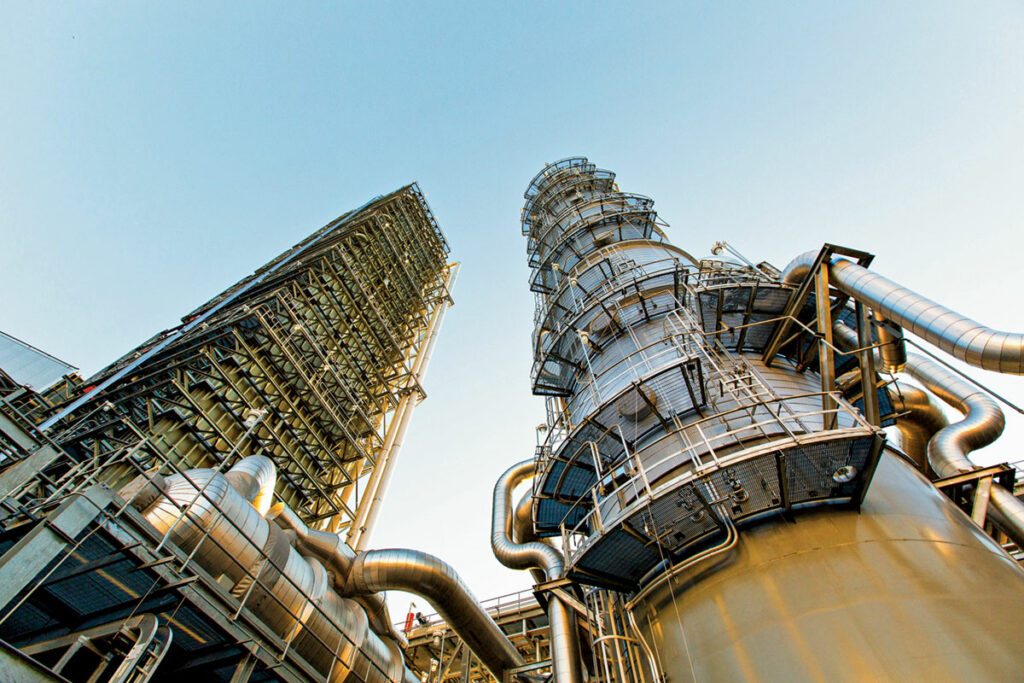Why Paris is Doomed - Part II
It’s taken for granted by politicians of all stripes that we need to meet the Paris targets, even though we don’t agree on the best way to do it. But why are we so committed to Paris? We already saw a previous global climate treaty (Kyoto) crash and burn once countries discovered it’s all costs and no benefits. Is Paris flawed the same way? Press play to find out, then press share and help get the discussion going.
TRANSCRIPT
Narrator
In Part I of this series, we looked at why carbon dioxide emissions are so much costlier to control than other types of pollutants, especially sulphur dioxide which we successfully reduced decades ago to fight acid rain.
John Robson
In this segment, we’ll look at what would have happened if all Kyoto participants had somehow fulfilled their pledges despite the enormous cost.
Narrator
This question was posed in a 1998 study by climate modeler Dr. Tom Wigley.
John
He showed that by the modelers’ own assumptions, full implementation of Kyoto would have had barely noticeable effects on climate over the 21st century.
Atmospheric CO2 would still have gone up, just very slightly more slowly. Instead of reaching its forecast “no Kyoto Accord” level of 680 parts per million in the year 2100, with Kyoto it would have gotten there in 2105, just five years later.
Narrator
So cutting human energy use worldwide, with the misery that would have resulted, would have yielded the same outcome as “business as usual” a century from now.
John
That’s why Kyoto failed: It offered huge costs for minimal benefits. So what about Paris? Here’s the harsh truth the politicians and activists don’t seem to want to hear.
Narrator
A 2016 study by Dr. Bjorn Lomborg showed that if all signatories of the Paris Agreement do everything they promise, global average temperatures will only be about one tenth of one degree lower by the year 2100 [Note: 2 tenths under the most optimistic case] than if we do nothing at all. So, as with Kyoto, under Paris we get the same global average temperature increase as if we don’t cut emissions, though a tiny bit slower, in return for enormous sacrifice in terms of standard of living.
John
When you say “costs” people may well retort “Well, it’s only money, we’re talking life on Earth.” But the “cost” of cutting energy use is cold, hunger, disease and death, especially in poorer countries. And that’s why some nations, like China and India, never accepted any firm emission reduction targets under Paris. It’s also why the United States, after doing so for a while, has pulled out. And it’s why those that are still in, definitely including Canada, are already falling behind in their emission reduction pledges even while reiterating them with hypocritical piety.
Narrator
It’s the Kyoto problem all over again. The policy is too costly to implement, and too ineffective to solve the alleged problem. It’s all costs and no benefits and we’ve learned nothing.
Now some people will argue that, even if Paris is useless, it’s just the first step. What we need to do is set even deeper and more ambitious targets.
John
Is that the answer? I put this question to Ross McKitrick, a Professor of Environmental Economics at the University of Guelph who’s been studying climate policy for decades.
Ross McKitrick
Well no, that would actually make things worse. So the situation that we’re in is, given the current technology that we have, there’s no way to reduce CO2 emissions on a large scale without reducing energy consumption on a large scale. So that means the costs go up really rapidly. As you set deeper and deeper targets the costs just keep going up really quickly because you’re cutting into more and more valuable economic activity.
You know, economists, we like to draw charts and diagrams and have a line going here and another line going there and you can think well these are just lines and numbers on a piece of paper. No, these are actually harmful effects on people’s lives. The Third World countries that made it clear in these negotiations over things like Kyoto and Paris, they’re not willing to take on emission reduction targets because they know that that means never developing and we can’t ask that of them.
Here the question is “Can you fill up your tank?” There the question is “Is there going to be food?” Here the question would be: “Do you have to cut something else out of your budget this month to pay your electricity bill?” There the question is “Will we ever have electricity?”
John
Here’s the bottom line. Until someone invents a cheap CO2 scrubber, policies like the Paris treaty are doomed to failure, because the costs far exceed the benefits. And again, I’m not talking about money here, especially not rich people’s money. This isn’t a bulletin from Scrooge & Marley. I’m talking about enormous pain and suffering for, according to the alarmists’ own climate models, nothing.
Narrator
So until technology rescues us on the scrubber front, we shouldn’t waste money trying to stop climate change. We should learn to adapt to it.
Now if this sounds like a radical idea, it’s not. Experts have been saying it since the start of this whole discussion.
John
Unfortunately, politicians ignored this advice in the 1980s, in the 1990s, in the 2000s, and they continue to ignore it today.
Narrator
When the Paris Agreement was signed, Canada’s Environment Minister Catherine McKenna was jubilant. “It is an incredible day today,” she said, “to see 195 countries come together and reach consensus on a climate change agreement that is going to make huge changes in terms of how we tackle possibly devastating consequences on climate change.”
John
But it won’t. Honestly I don’t know if poor Ms. McKenna knows the truth. Her advisors probably do, but they may well not want to risk losing their jobs by telling her. But you and I don’t have to be silent. When billions of dollars, tens of thousands of jobs, and the well-being of hundreds of millions of people around the world are at stake, we need honest conversation, not empty slogans.
Narrator
So it’s time to challenge the empty slogans with facts. That’s what the Climate Discussion Nexus is all about. And we’re inviting you to be a part of it.
Join the discussion online at climatediscussionnexus.com, and if you like what you see, visit our Patreon page and sign up to be a supporter.



John, what I really like is you sitting in front of a burning wood stoof.
Nice, warm and cosy. CO2? well you can't see that.
What is more important, NO CARBON TAX.
We can all learn here something, Paris agreement or not, there is always a way around.
LOL - Pretty sure it's a gas fireplace which actually emits less CO2. Link here is very 'illuminating.' Cheers
https://www.investors.com/politics/editorials/climate-change-scare-tool-to-destroy-capitalism/
It's wood. I'm old-fashioned that way. My fireplace doesn't have a remote control.
Great video. Clear and concise. Thanks for doing this. Too bad so many people are unwilling to listen to common sense. Our education system and academia have failed us. Keep up the good work!